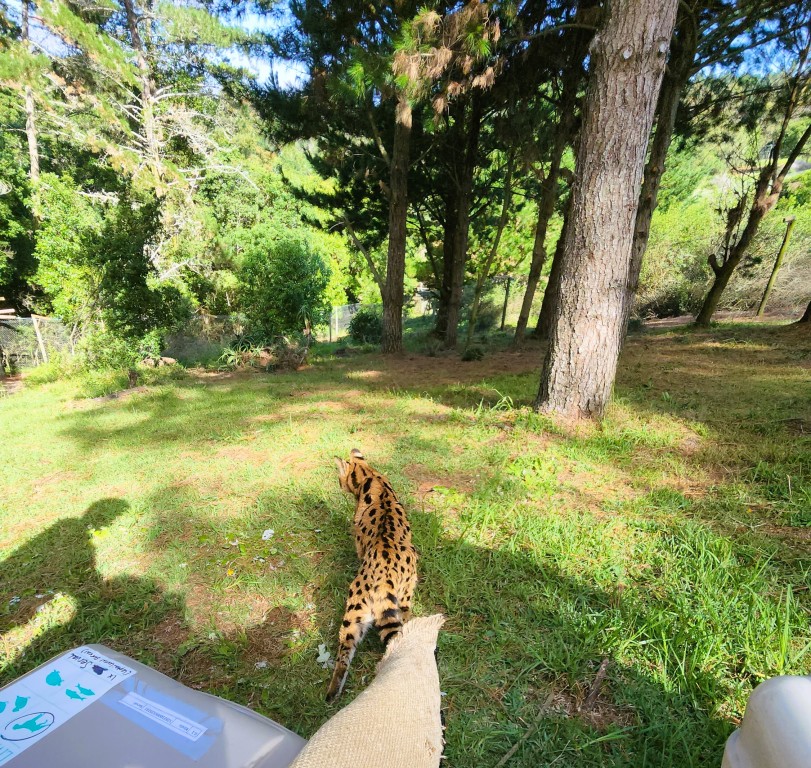These critically endangered lemurs nibble almost entirely on the tender shoots of one bamboo species. But during the dry season, which is normally from August to November, the lemurs switch to the bamboo’s culm–the more readily available but nutrition-less woody trunk. Scientists anticipate as climate change continues to stretch out the dry season, the lemurs will be forced to eat this unappetizing culm.
“The greater bamboo lemur eats a food source that is fairly resilient,” Patricia Wright, a primatologist at Stony Brook University and coauthor of the new study, told PBS NewsHour. “It was a good idea to specialize on bamboo because it’s abundant and it grows fast. It’s capable of withstanding climate change, but the lemurs, unfortunately, can’t adapt as quickly to this altered cycle.”
Article source: Scientific America








